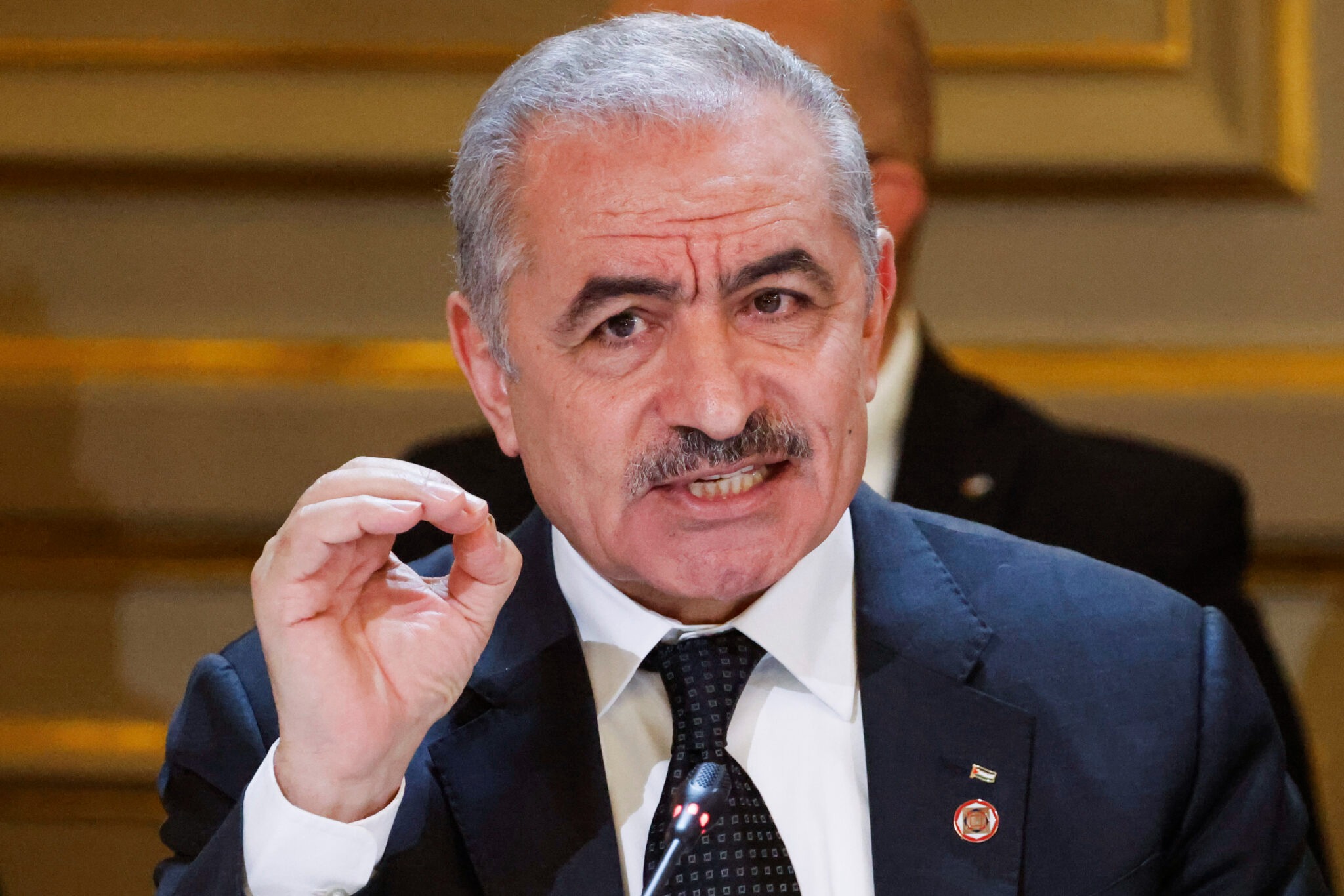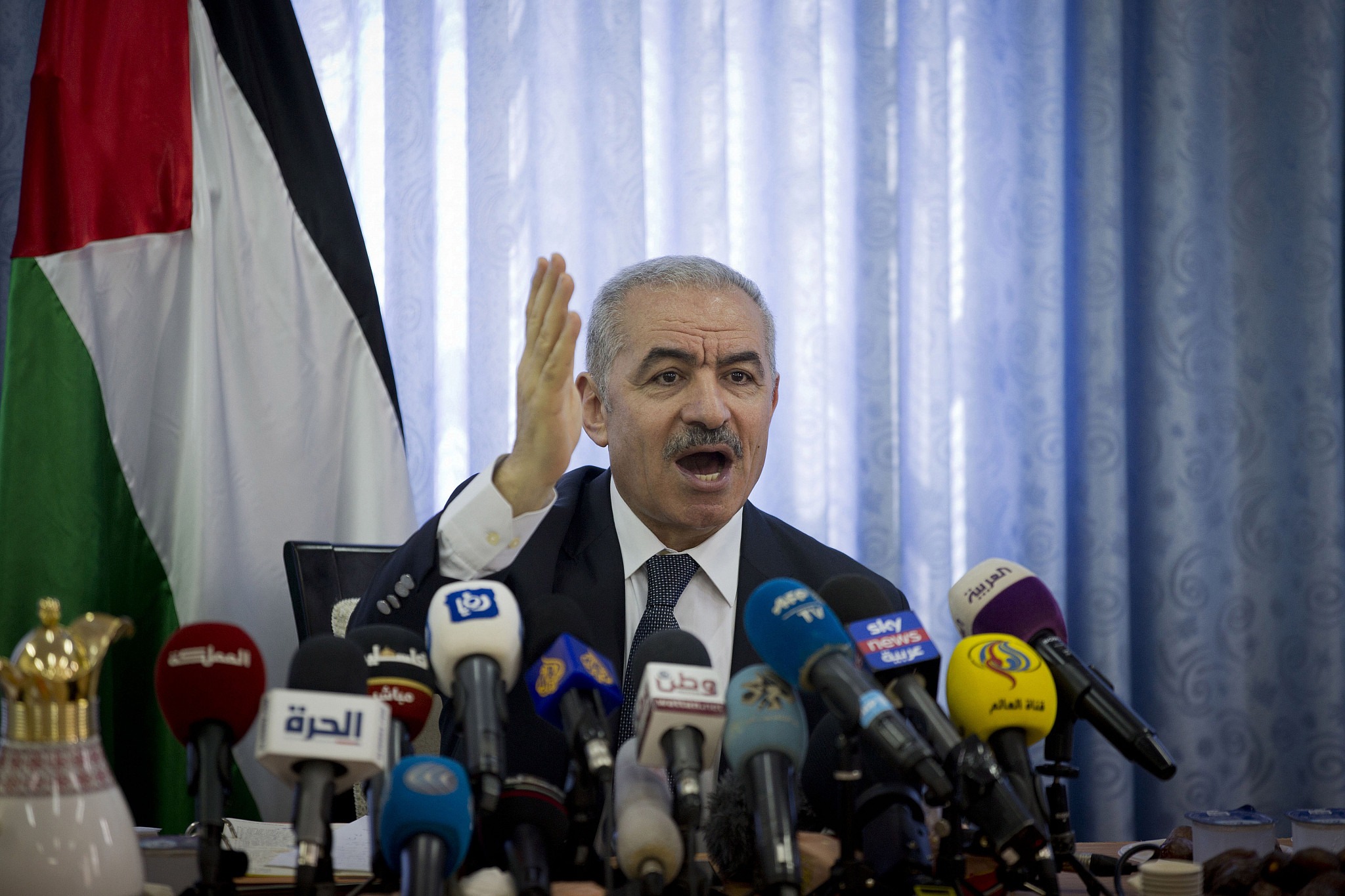The announcement of the resignation of Palestinian Prime Minister Mohammad Shtayyeh and his government marks a significant development in the Palestinian political landscape.
Shtayyeh stated that the decision was made in light of recent events, including the aggression against the Gaza Strip and escalating tensions in the West Bank and Jerusalem. This move signals a recognition of the need for new governmental and political measures to address the evolving situation in the region.
By submitting their resignation to Palestinian President Mahmoud Abbas, Shtayyeh and his government are paving the way for potential US-backed reforms aimed at revitalizing the Palestinian Authority.

Palestinian Prime Minister (Credits; NewsLooks)
The call for inter-Palestinian consensus and the extension of the Authority’s rule over the entire land of Palestine reflects a commitment to unity and governance across all Palestinian territories.
The decision now rests with President Abbas, who will determine whether to accept the resignation of Shtayyeh and his government.
This move underscores a willingness to pursue necessary changes in alignment with US objectives, particularly in Gaza, where reforms are sought to establish a reformed Palestinian Authority post-war.
However, it is important to acknowledge that numerous challenges and obstacles remain on the path toward achieving this goal.
The resignation of Shtayyeh and his government opens the door for potential political restructuring and the implementation of reforms aimed at strengthening governance and addressing the needs of the Palestinian people.
It is a pivotal moment that may shape the future trajectory of Palestinian politics and relations with international partners, including the United States.























